Ebola: WHO Emergency Committee says international spread risk is high
… Says outbreak not yet international Public Health Emergency
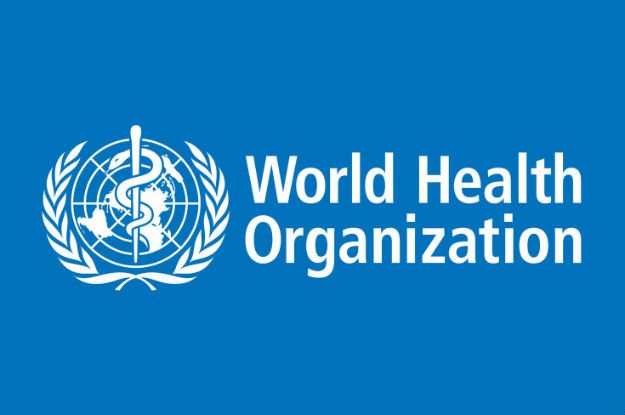
The first meeting of the Emergency Committee convened by the WHO Director-General, on the Ebola Virus Disease (EVD) outbreak in the Democratic Republic of the today, Friday May 18, warned that the risk of international spread is high in view of the proximity of Mbandaka city to the Congo river, which has significant regional traffic across porous borders.
The Committee’s meeting which was convened to advise the Director-General whether the outbreak constitutes a Public Health Emergency of International Concern (PHEIC) and what temporary measures should be taken if the event constitutes a PHEIC, however declared that outbreak is not yet a Public Health Emergency of International Concern (PHEIC).
A statement issued at the end of the meeting, the Committee’s meeting reads:
“Members and advisors of the Emergency Committee met by teleconference. Presentations were made by representatives of the Democratic Republic of the Congo on recent developments, including measures taken to implement rapid control strategies, and existing gaps and challenges in the outbreak response. During the informational session, the WHO Secretariat provided an update on and assessment of the Ebola outbreak.
“On 8 May, WHO was notified by the Ministry of Health of the Democratic Republic of the Congo of two lab-confirmed cases of Ebola Virus Disease occurring in Bikoro health zone, Equateur province. Cases have now also been found in nearby Iboko and Mbandaka.
“From 4 April to 17 May 2018, 45 EVD cases have been reported, including in three health care workers, and 25 deaths have been reported. Of these 45 cases, 14 have been confirmed. Most of these cases have been in the remote Bikoro health zone, although one confirmed case is in Mbandaka, a city of 1.2 million, which has implications for its spread.
“Nine neighbouring countries, including Congo-Brazzaville and Central African Republic, have been advised that they are at high risk of spread and have been supported with equipment and personnel.
“After discussion and deliberation on the information provided, the Committee concluded these key challenges:
• The Ebola outbreak in the Democratic Republic of the Congo has several characteristics that are of particular concern: the risk of more rapid spread given that Ebola has now spread to an urban area; that there are several outbreaks in remote and hard to reach areas; that health care staff have been infected, which may be a risk for further amplification.
• The risk of international spread is particularly high since the city of Mbandaka is in proximity to the Congo river, which has significant regional traffic across porous borders.
• There are huge logistical challenges given the poor infrastructure and remote location of most cases currently reported; these factors affect surveillance, case detection and confirmation, contact tracing, and access to vaccines and therapeutics.
•
“However, the Committee also noted the following:
• The response by the government of the Democratic Republic of the Congo, WHO and partners has been rapid and comprehensive.
• Interventions underway provide strong reason to believe that the outbreak can be brought under control, including: enhanced surveillance, establishment of case management facilities, deployment of mobile laboratories, expanded engagement of community leaders, establishment of an airbridge, and other planned interventions.
• In addition, the advanced preparations for use of the investigational vaccine provide further cause for optimism for control
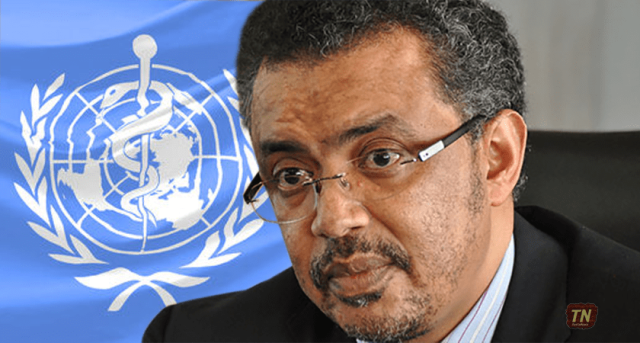
Dr Tedros Adhanom Ghebreyesus
“In conclusion, the Emergency Committee, while noting that the conditions for a PHEIC are not currently met, issued Public Health Advice as follows:
“Government of the Democratic Republic of the Congo, WHO, and partners remain engaged in a vigorous response – without this, the situation is likely to deteriorate significantly. This response should be supported by the entire international community.
“Global solidarity among the scientific community is critical and international data should be shared freely and regularly.
“It is particularly important there should be no international travel or trade restrictions.
“Neighbouring countries should strengthen preparedness and surveillance.
“During the response, safety and security of staff should be ensured, and protection of responders and national and international staff should prioritised.
“Exit screening, including at airports and ports on the Congo river, is considered to be of great importance; however entry screening, particularly in distant airports, is not considered to be of any public health or cost-benefit value.
“Robust risk communication (with real-time data), social mobilisation, and community engagement are needed for a well-coordinated response and so that those affected understand what protection measures are being recommended;
“If the outbreak expands significantly, or if there is international spread, the Emergency Committee will be reconvened.
“The Committee emphasized the importance of continued support by WHO and other national and international partners towards the effective implementation and monitoring of this advice.
“Based on this advice, the reports made by the affected States Parties, and the currently available information, the Director-General accepted the Committee’s assessment and on 18 May 2018 did not declare the Ebola outbreak in the Democratic Republic of the Congo a Public Health Emergency of International Concern (PHEIC). In light of the advice of the Emergency Committee, WHO advises against the application of any travel or trade restrictions.”

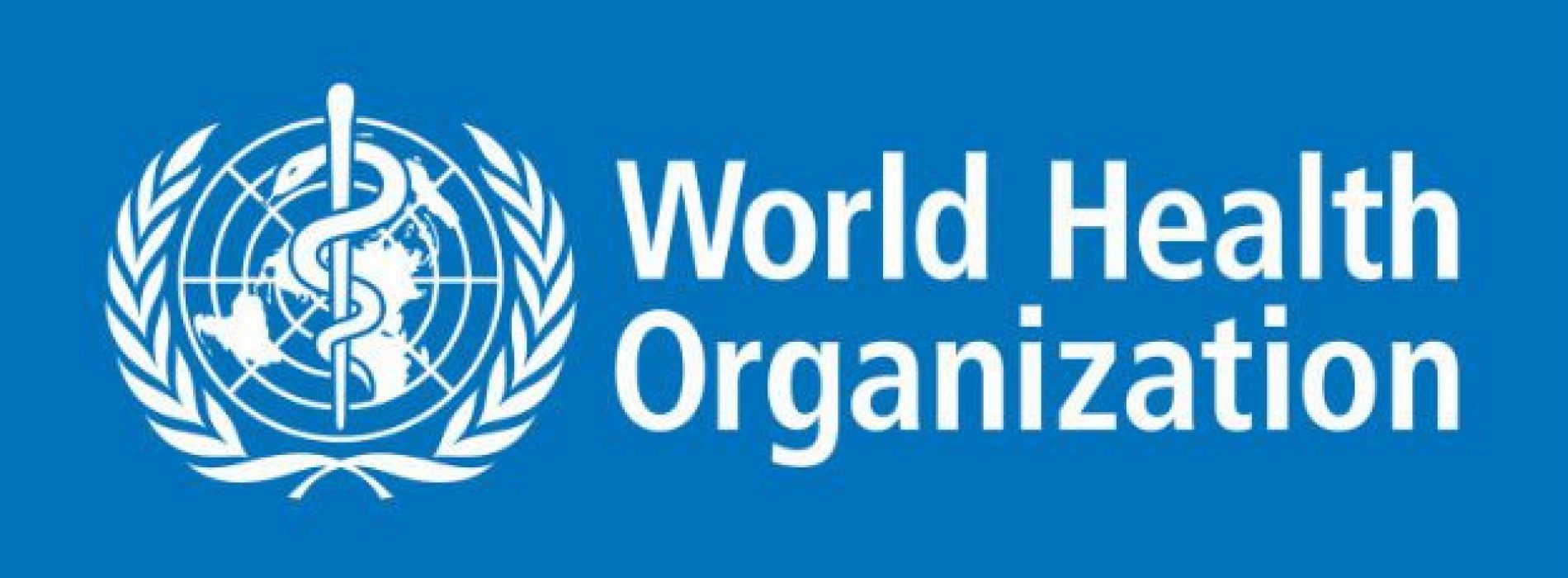
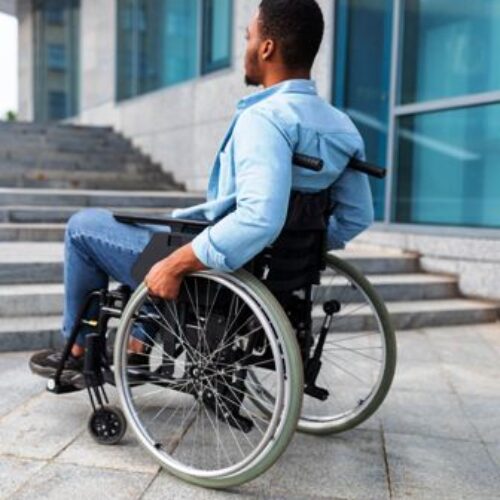
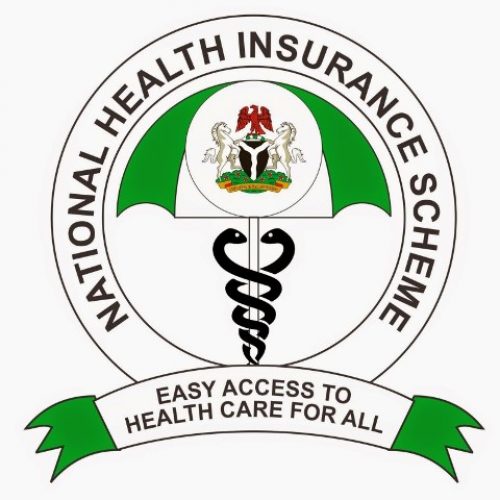



0 Comments
No Comments Yet!
You can be first to comment this post!